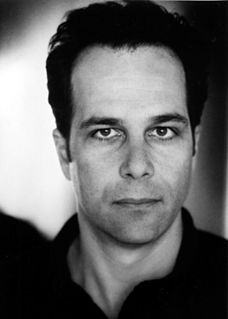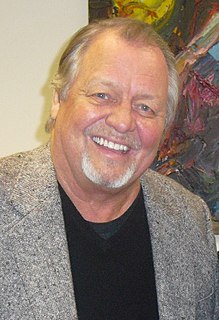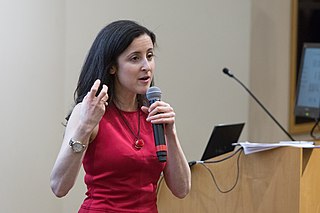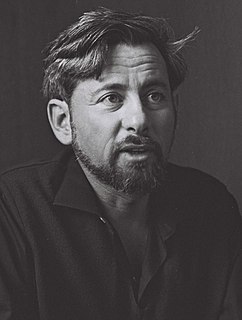A Quote by Colin Powell
We have practiced diplomacy since the very beginning of the nation. Sometimes it has not worked, and we've had to go to war. I always believe you should try to find peace and reconciliation before conflict. That has been the approach I've taken.
Related Quotes
India is a country that has no direct interests in some areas of global conflict. It has very good relations with countries in conflict or countries facing difficult security situations, and I believe Indian diplomacy is very well received. India is a bridge-builder, an honest broker, and a messenger of peace.
I'm not pro-war. But I think war has been the dominant condition of humankind, and peace has been the anomaly - certainly sustained periods of peace that profit great masses of people - and I think war has worked, even awful hellish wars: worked to staunch fascist aggression in Europe, worked to preserve the Union after secession in the United States, etc. Not always, maybe not often, but to say never is to reject history in favor of a wishful unreality.
They have always taught and trained you to believe it to be your patriotic duty to go to war and to have yourselves slaughtered at their command. But in all the history of the world you, the people, have never had a voice in declaring war, and strange as it certainly appears, no war by any nation in any age has ever been declared by the people.
It is very important for I think those of us who desperately want peace, who see war as, at some level, a break-down, a manifestation of human weakness, to understand that sometimes it’s also necessary – and you know, to – to be able to balance two ideas at the same time; that we are constantly striving for peace, we are doubling up on our diplomacy, we are going to actively engage, we are going to try to see the world through other people’s eyes and not just our own.
I think war and armed conflict is always the last of all the options you have on the table. I think you try to avoid that at all costs. Sometimes it's unavoidable. That's the lesson of World War II. I think the other lesson of the last 50 or 60 years, however, is that, the stronger the U.S. military, the stronger our defense capabilities, the stronger the chances for peace are.
Formerly, a nation that broke the peace, did not trouble to try and prove to the world that it was done solely from higher motives. ... Now war has a bad conscience. Now every nation assures us that it is bleeding for a human cause, the fate of which hangs in the balance of its victory ... No nation dares to admit the guilt of blood before the world.
There are lots of signs that average Israelis want peace. But after such a long war - this conflict has been going on now for 120 years - you have a fifth generation being born into it on both sides. Such a conflict creates hatred, fears, stereotypes, and demonizations of the other. It would be an illusion to believe you can put an end to this overnight.
It is my belief that whereas the twentieth century has been a century of war and untold suffering, the twenty-first century should be one of peace and dialogue. As the continued advances in information technology make our world a truly global village, I believe there will come a time when war and armed conflict will be considered an outdated and obsolete method of settling differences among nations and communities.











































